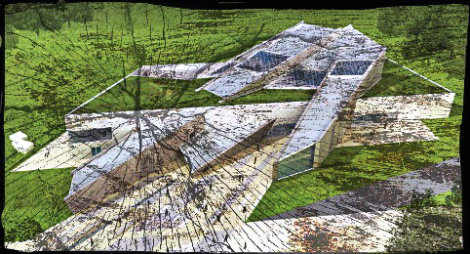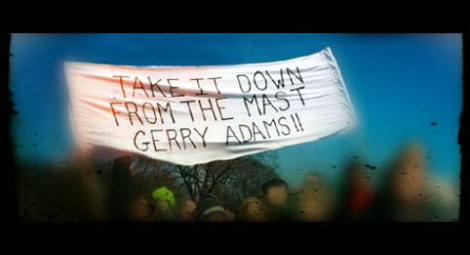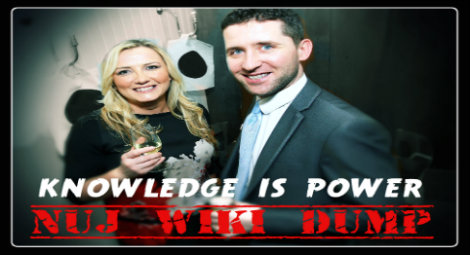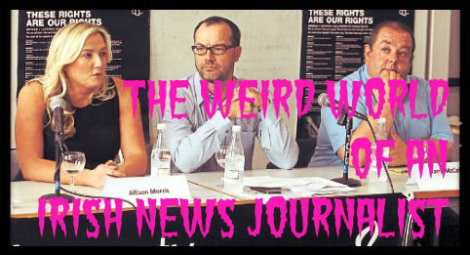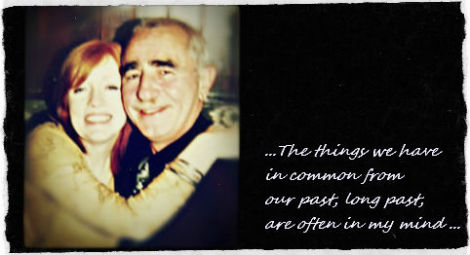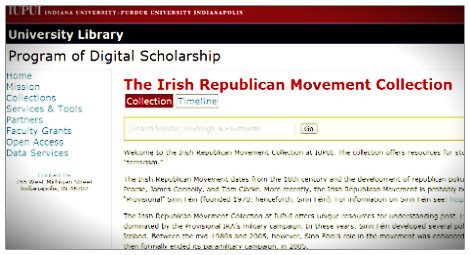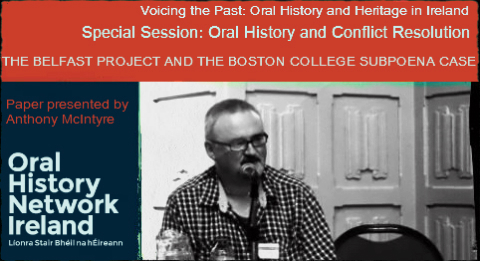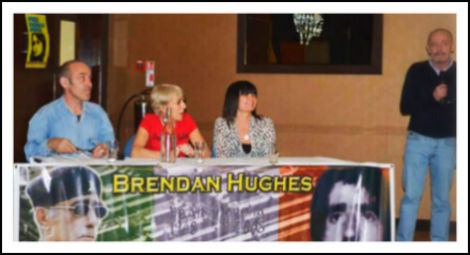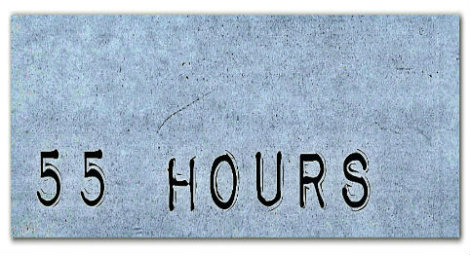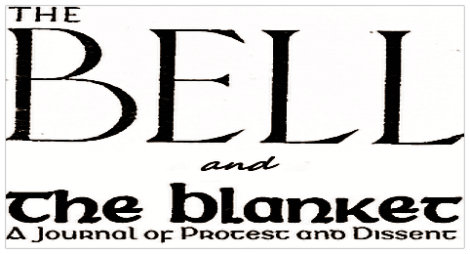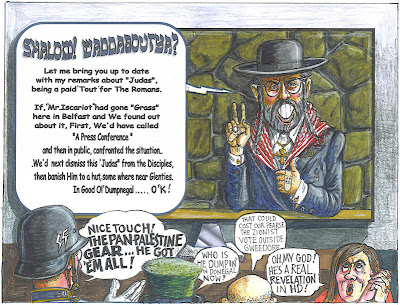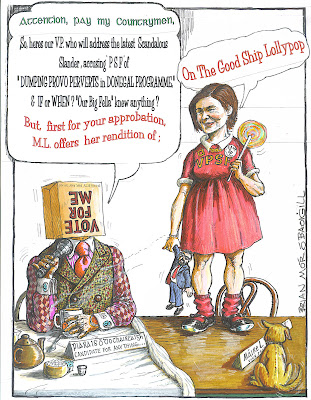There has been much condemnation of the killing. The North’s British First Minister Peter Robinson and his deputy Martin McGuinness spoke on behalf of the Northern Executive when they repudiated the ‘dirty deed’. McGuinness made the point that the republicans responsible for the killing need to realise that the war is well truly over. It might have helped fortify his repudiation of the killers had he said the war is well and truly over because it was well and truly lost; that the lesson of the Provisional IRA campaign has been salutary – do not fight wars that are not winnable, achieve little and exact a price in gross excess of the purchase.
Martin McGuinness’s Assembly colleague Martina Anderson also criticised the killing in strong and forthright terms. She put a lot of visible energy into challenging the people who took Ciaran Doherty’s life: her judgement, how dare they bring this type of activity to the streets of Derry. She may well be genuinely sincere in her revulsion. But the background of her party always places a low hanging ceiling on the moral authority Sinn Fein representatives can reach when making such condemnations. Representatives of other parties which have no history of association with republican political violence sound all the more plausible in their rejection of events like that which took place on Wednesday evening. The condemnation issued by Mark Durkan of the SDLP sounded natural rather than forced.
The Real IRA in claiming responsibility for the killing of Ciaran Doherty, who was the one time commander of the group’s volunteers in Portlaoise, accused him of knowing the consequences of certain associations he had maintained. In its statement the republican military group alleged that Ciaran Doherty was a senior member who had relationships with a criminal gang linked to the drugs trade.
That is no reason for having killed him. There is no war or legitimate targets. The Real IRA might well think it is carrying on in the tradition of the Provisional IRA when it dispenses this type of brutal justice; that because an army council signs off on the action that it somehow becomes morally superior to any other killing that takes place on the streets. While Real IRA inflicted fatalities may differ from a criminal killing it can hardly be claimed in their defence that they are any more meritorious.
The growth of the Real IRA, despite it being effectively red carded after the Omagh bomb, is in part a consequence of a growing realisation that the Sinn Fein leadership negotiated a very poor return on the Provisional IRA campaign. Sinn Fein being able to sit in the middle of a British administration and label other republican traitors is not what any republican ever envisaged as a worthy objective.
This realisation that little in the way of republican objectives were secured should be extended to the point where it allows for an acknowledgement that the Provisional Movement did not sell out a campaign that could have been prosecuted successfully. The Provisional movement sell out lies not in the defeat it sustained but in the management of that defeat which saw it defect to the British side and has it body and soul now backing an armed British police force.
The logic is stunningly simple: unwinnable wars are invariably lost. The Real IRA in trying to reinvent the Provisional IRA wheel will do what wheels do – go round in circles. No matter how many bodies like that of Ciaran Doherty lie strewn on darkened roads, that circle of futility will not be broken – just hearts.













